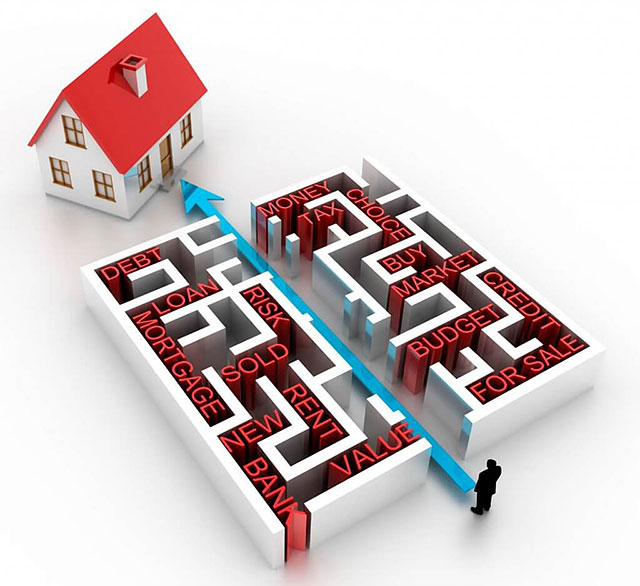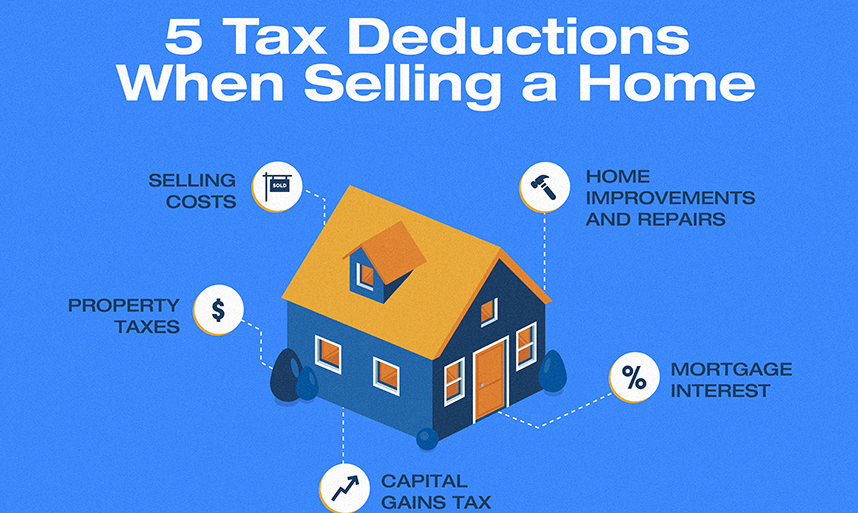Find Value in Home Ownership
Single Ladies Are Buying More Homes Now Than Ever, Buying Homes at a Higher Rate than Single Men in 2021
In a noteworthy shift in home acquisition, women are breaking free from the traditional notion that homeownership should be a post-marital endeavor. This seismic change not only signifies a growing trend but also emphasizes the importance of an SEO-friendly and keyword-focused approach to the real estate landscape.
As per the latest data from the National Association of Realtors, single women constituted 19% of homebuyers in 2021, surpassing their male counterparts who represented a mere 9% of homebuyers. This data underlines a substantial shift as it indicates a 30% surge in the number of single women purchasing homes since 2010. This trend bears particular importance not just for women’s increasing financial autonomy but also for its potential to narrow the gender wealth gap, given the pivotal role homeownership plays in wealth accumulation.
However, it’s crucial to acknowledge that women still encounter challenges in the realm of real estate investment. While they have made significant strides in shedding historical subordination, disparities in income, financial literacy, and confidence in the home buying process still persist when compared to men. Nevertheless, the good news is that robust resources are readily available to support women on their journey to homeownership and real estate investment, aligning seamlessly with SEO-friendly and keyword-focused strategies in the ever-evolving real estate landscape.
Single Ladies Value HomeOwnership
According to a recent study by Bank of America, an impressive 92% of women acknowledge that buying a home is a remarkable achievement, with 87% expressing the belief that marriage is not a prerequisite for pursuing homeownership. In fact, a significant 65% of single women are inclined to purchase a home while single rather than waiting for the right partner.
What’s particularly noteworthy is that single women place a higher value on homeownership as a milestone and source of pride compared to men. While only 35% of single men reported feeling proud when sharing news about their new home, a substantial 46% of single women homeowners were excited to announce their home purchase. Moreover, 60% of single women in the property market believe that homeownership signifies a significant achievement, compared to 52% of single men.
Recognizing the significance of homeownership is indeed wise, as it serves as the primary wealth-building asset for American families. The National Association of Realtors estimates that a homebuyer who purchased a single-family home at the median sales price a decade ago could potentially earn $225,000 by selling that property at the current median sales price. Furthermore, strategic real estate investments can yield even more substantial returns.
However, it’s important to acknowledge that women face greater challenges in achieving homeownership compared to men. A notable 74% of single women are postponing their home purchase until they feel more financially secure, yet attaining financial stability is not without its hurdles.
Barriers to Home Ownership
Women encounter notable obstacles in the realm of homeownership, with one longstanding issue being the fact that they often face higher mortgage rates compared to men. Recent analysis of data obtained through the Home Mortgage Disclosure Act reveals that women contend with elevated mortgage rates in 49 states. To illustrate, in Mississippi, single women were charged an average rate of 3.47% for a 30-year fixed-rate mortgage in 2019, while single men secured an average rate of 3.37%.

Isolating the exact role of mortgage lending discrimination in this disparity is complex, as multiple factors are involved. A significant portion of the discrepancy can be attributed to women’s lower incomes, their historical lack of confidence in the home buying process, and their approach to mortgage shopping. Fortunately, women have access to resources aimed at mitigating some of these challenges.
Credit Challenges
Determining whether women’s credit profiles are less appealing to lenders is a complex issue. Credit reports are not linked to demographic characteristics due to the Equal Credit Opportunity Act, making it challenging to obtain data that directly correlates gender and credit history. As a result, analysts often work with imperfect data when assessing disparities in credit scores.
This might explain why Experian, a major credit bureau, has consistently reported that women and men have similar average credit scores over several years, whereas other studies have yielded differing outcomes. It’s also possible that the credit score gap is concentrated within the younger, single population, which is particularly relevant to homebuyers. For instance, a 2018 Federal Reserve report revealed that single women under 40 tend to have slightly lower credit scores than demographically similar single men.
Financial Literacy Gap
The confidence gap among women in the home buying process is further exacerbated by the existing financial literacy divide between genders. In general, women tend to trail behind men in terms of financial knowledge, particularly when it comes to mortgages. This phenomenon can be partially attributed to cultural factors, where societal expectations often prioritize men as providers, leading them to make more financial decisions for the household and thus enhancing their financial knowledge. Additionally, studies have revealed disparities in how parents communicate with their sons and daughters about financial matters.
The financial literacy gap manifests in women’s self-assessment of their mortgage knowledge. For instance, a LendingTree study indicates that only 21% of women first-time homebuyers claim to be very familiar with the available mortgage types, in contrast to 27% of men embarking on their first home purchase. Similarly, just 28% of women first-time homebuyers state that they are very familiar with current mortgage rates, compared to 37% of men.
Home Buying Confidence Gap
Data from Freddie Mac reveals that nearly 60% of single women who are heads of households and renters believe that homeownership will remain an unattainable dream. Additionally, less than half of them express confidence in their understanding of the home buying process, which encompasses aspects like mortgage types, interest rates, and terms.
A significant 63% of women admit to not knowing how to initiate the home buying process, while 55% feel that they lack access to individuals who can provide guidance. Strikingly, three-quarters of women harbor the misconception that mortgages would be more expensive than renting, despite the fact that, in most U.S. housing markets, mortgages are more cost-effective than renting.
Empowering single women to navigate the home-buying process is essential, and demystifying it can greatly boost their confidence.
Why Women should Invest in Real Estate
Despite potential disparities in financial literacy, women exhibit considerable financial acumen when making decisions. While they may grapple with self-doubt more frequently than men, women have consistently demonstrated their aptitude in investing and are known for saving a higher portion of their earnings compared to their male counterparts. This diligent and consistent financial management positions them well for success in real estate investment.
Research also reveals that women tend to be more risk-averse when making financial choices. The most effective approach to addressing risk aversion isn’t to avoid investing altogether, as that carries its own risks, but rather to diversify one’s investment portfolio. Real estate investments, whether passive or active, offer an excellent means of achieving diversification. During most economic downturns, real estate prices tend to remain stable or continue to appreciate, making it a resilient asset class.
For women who may feel discouraged, simply acknowledging the confidence gap in the homebuying process can be a pivotal step toward narrowing it. Engaging in self-education can further boost women’s preparedness and confidence when embarking on the home buying journey.
Justin Brickman, Top Realtor
All City Real Estate
PSA | RENE | MRP | SRS
[email protected]


